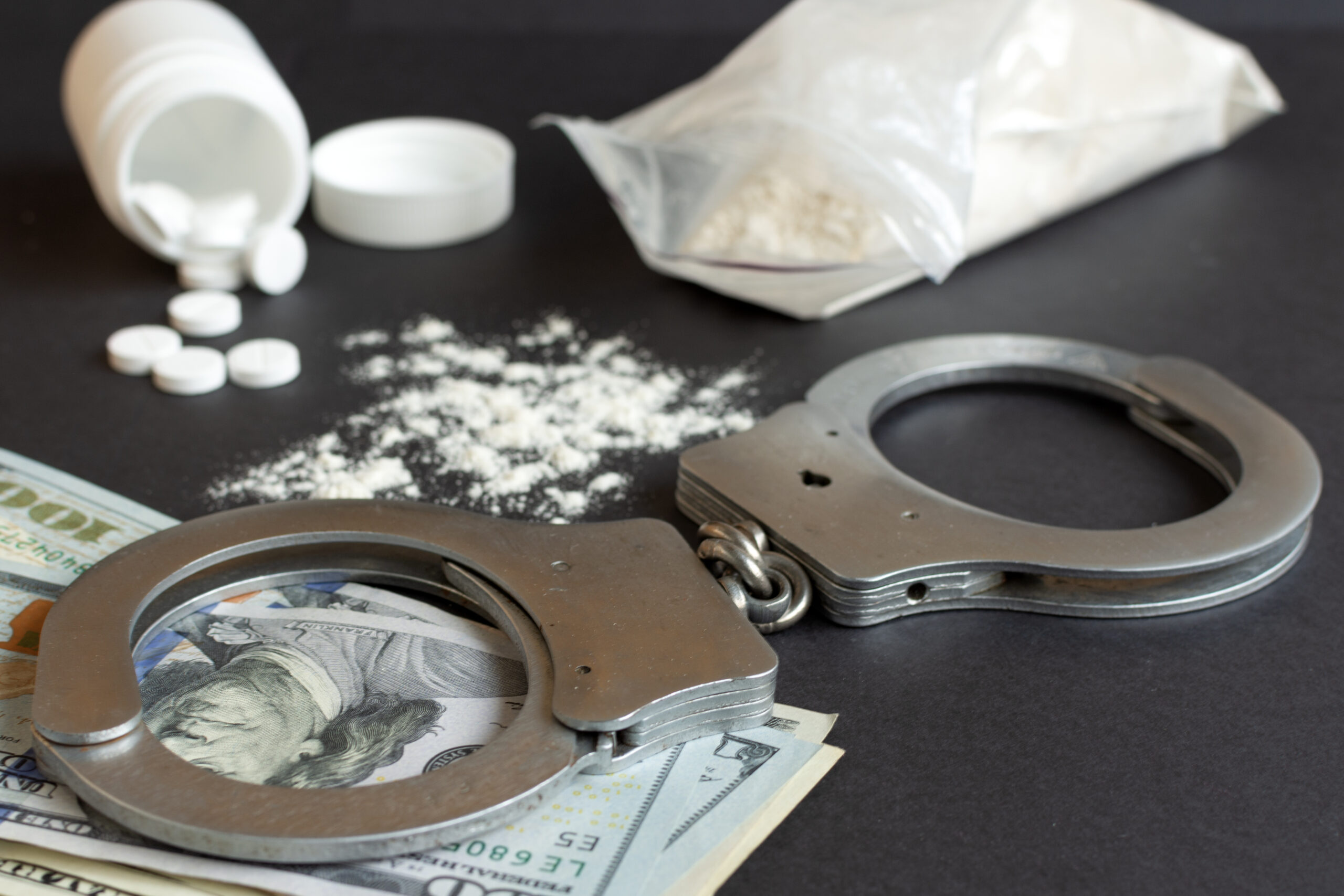Now Reading: What Are Drug-Related Crimes?
-
01
What Are Drug-Related Crimes?

What Are Drug-Related Crimes?
Illicit drugs have been one of the common catalysts of violent crimes in many countries. Drug misuse and addiction are deeply rooted problems besetting the government and law enforcement. Since drug-related crimes are a threat to public safety, it’s essential to find effective solutions.
The drug problem involves more than the manufacture, trafficking, possession, and use of illegal substances. Most of the time, these actions lead to other crimes that harm the innocent. Therefore, a comprehensive and humanistic approach to drug-related crimes is imperative.
Drug Misuse And Crimes
Drug misuse and addiction are often linked to crimes like robbery and assault. In some cases, people struggling with drug addiction may coerce others for money to purchase illicit drugs. It’s a tragic scene to imagine, and it happens worldwide.
From a humanistic perspective, it’s worth noting that some illegal drug users are mere victims of wide-scale organized crime. Some crimes can be prevented by addressing the root causes of illicit substance use. To help with this, some private criminal law practitioners share their tips on preventing drug misuse and addiction.
Common Drug-Related Crimes
- Drug Possession
Possession of illegal substances is punishable by law. These substances may include marijuana, methamphetamine, cocaine, heroin, LSD, and ecstasy. However, the regulations may vary in other states and countries. For instance, recreational use of cannabis is legal in countries like Canada, Mexico, Uruguay, and Jamaica.
The prison sentence and fine for drug possession depend on the quantity of illegal substances found in the defendant. In the US, simple possession of a controlled substance carries a sentence of up to two years, but the prison term may increase depending on the circumstances.
- Drug Trafficking
Drug trafficking is a crime involving the manufacture, distribution, and sale of illegal substances. This crime is classified as a felony and is more serious than drug possession.
Generally, a defendant convicted of drug trafficking may face a prison sentence of three to five years. The prison term may be longer if more significant quantities of illegal drugs are involved.
- Robbery
Robbery is one of the most common drug-related crimes. Many cases of robbery involve perpetrators under the influence of illegal drugs. The need for money to sustain their drug habit may have driven these people to commit crimes against property.
Robbery involves unlawfully taking someone else’s possessions by force or inflicting fear. In most cases, this crime is considered a felony. The prison sentence and fine would depend on the value of the stolen property and other circumstances.
- Money Laundering
Money laundering is another serious offense related to the distribution and sale of illegal drugs. It’s a felony that involves concealing the source of illicit money to make it look legitimate. It’s common in cases involving drug money.
This drug-related crime is punishable by imprisonment of up to 20 years in the US, with a maximum fine of USD$500,000 or twice the money laundered. Law enforcement can easily detect money from wide-scale drug trafficking since it involves large sums.
- Homicide
Homicide related to drug trafficking is a common crime. It’s a crime involving a person causing the death of another. It encompasses both murder and manslaughter.
Drug trafficking may lead to homicide due to disputes between gangs and other people involved in this type of organized crime. In some homicide cases, the accused may be under the influence of an illegal substance. The failure to think rationally can drive a person to take someone’s life under certain circumstances.
- Assault
Assault is a crime involving the infliction, attempt, or threat of physical harm to another person. It’s another common drug-related crime, along with robbery. The use of opiates or amphetamines may cause aggression leading to a physical attack.
There are four classifications of assault: aggravated, sexual, verbal, and simple. In some cases, perpetrators of aggravated and sexual assault may test positive for illegal substances. The impairment of rational thought and increased aggression sometimes lead to violent behavior.
- Vehicle Theft
Vehicle theft may be committed in relation to illegal drugs. For example, the vehicle may be used for drug trafficking or sold for money to buy drugs. Although vehicle theft is not a violent crime in and of itself, it’s sometimes a precursor to violent crimes.
Theft may be classified as a felony or a misdemeanor. However, vehicle theft is considered a felony and is punishable by imprisonment of five years or more, hefty fines, or restitution to the victim. If the vehicle is used for drug trafficking, the defendant will face more serious charges and harsher penalties.
Conclusion
Crimes related to illegal drugs present a huge societal problem in many countries. These affect the safety of the citizens and hinder the progress of nations. Therefore, identifying and addressing the root causes of drug misuse and addiction should be prioritized to reduce drug-related crimes.









